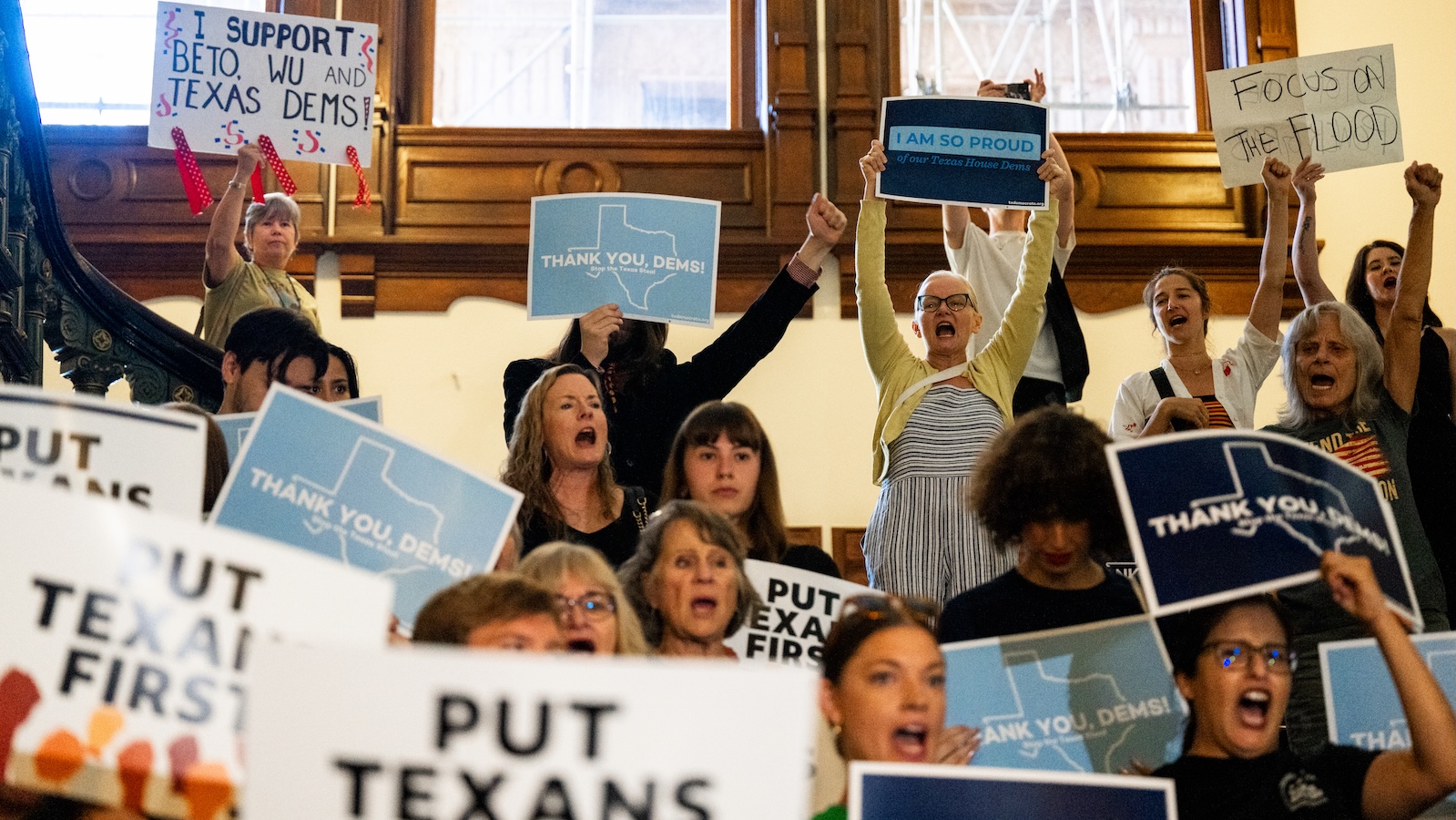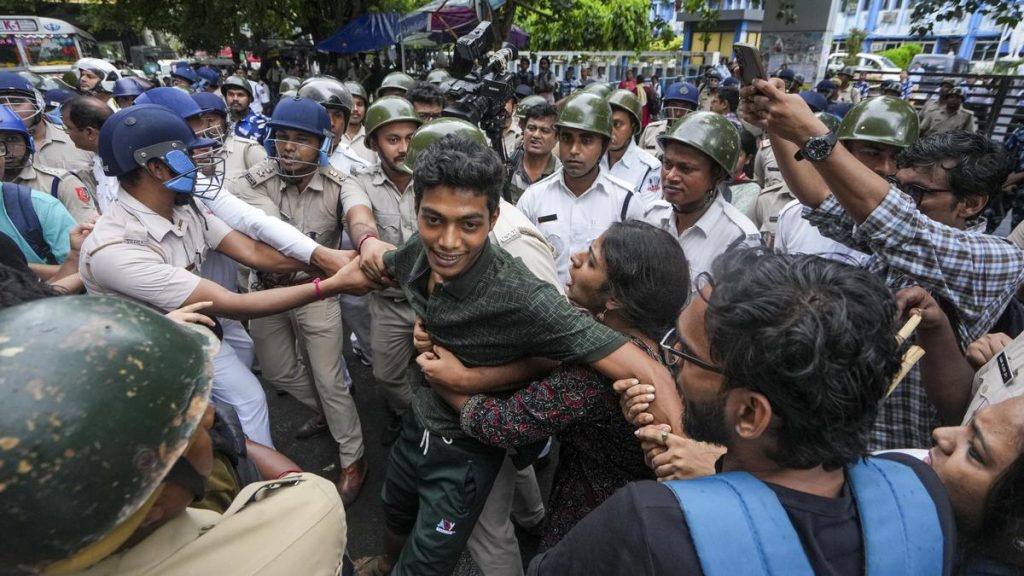Now Reading: Texas Flood Relief Stalls Amid Political Showdown
-
01
Texas Flood Relief Stalls Amid Political Showdown
Texas Flood Relief Stalls Amid Political Showdown

Quick Summary
- Flash Floods in Texas: In early July, flash floods along the Guadalupe River claimed 138 lives and caused an estimated $1.1 billion in damages, marking one of the deadliest natural disasters in texas history.
- Redistricting Battle: Shortly after the floods, President Donald Trump pushed Texas lawmakers to redraw congressional maps favoring Republicans, leading Governor Greg Abbott to convene a special legislative session.
- Flood Relief Legislation Stalled: During the frist session (July 21 – August 15), flood relief measures were overshadowed by partisan battles over redistricting. Democrats fled Texas to block quorum, leaving disaster recovery bills stranded.
- Second Special Session Achievements: Democrats returned; a flood relief package was passed, allocating $294 million for preparedness and recovery. Measures include FEMA aid matching funds, outdoor warning sirens for vulnerable areas, improved forecasting tools, swift-water training facilities for responders, evacuation plans for camps in floodplains, and localized siren assessments.
- Criticism of Legislative Focus: Disaster experts criticized narrowly tailored relief measures focused primarily on this specific event rather than broader systemic reforms to prevent future tragedies.
- Calls for Emergency action: Flood survivors have pleaded with Governor Abbott to use his emergency budget authority for immediate aid instead of tying disaster relief with political disputes over redistricting.
Indian Opinion Analysis
The dual crises-natural calamity followed by intense political conflict-highlight meaningful governance challenges not only within Texas but across broader democracies grappling with polarized politics during emergencies. While legislative progress on targeted flood preparedness is commendable (e.g., allocation of relief funds), criticism about its limited scope underscores systemic issues often exacerbated when disaster response is intertwined with unrelated political agendas like redistricting.
For India-a country frequently impacted by climate-related disasters-this situation offers critical lessons on ensuring emergency resources remain apolitical and efficiently deployed. The interplay between legislative gridlock and urgent crisis management demonstrates how political polarization can hinder effective governance if checks are not robustly institutionalized. as India modernizes its own disaster management frameworks amid increasing climate risks such as floods or cyclones prioritization through nonpartisan coordination must remain central.























